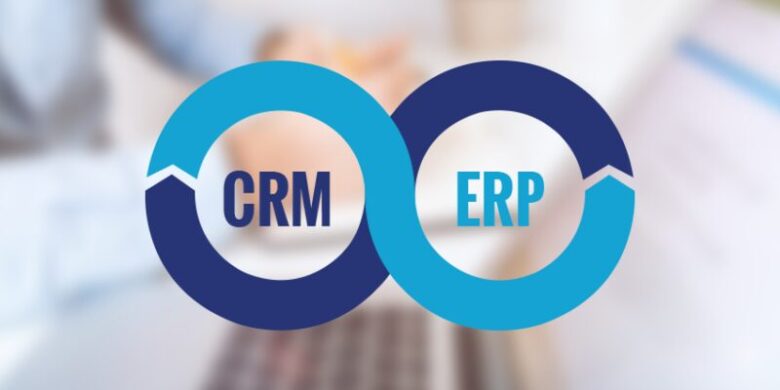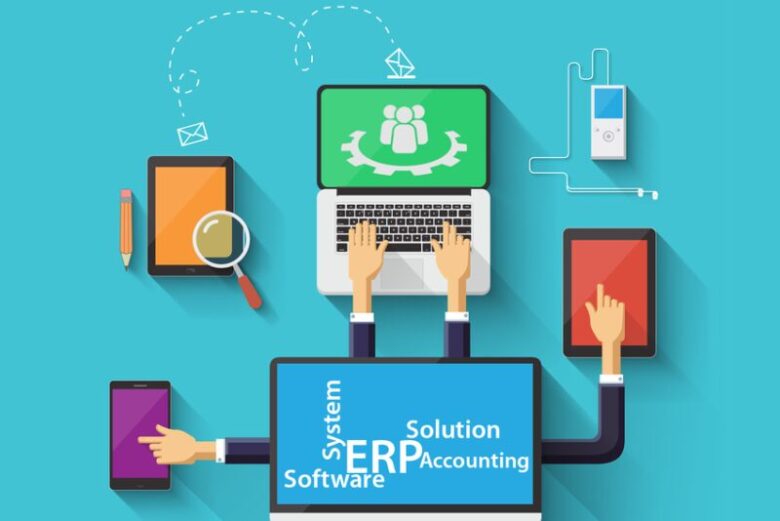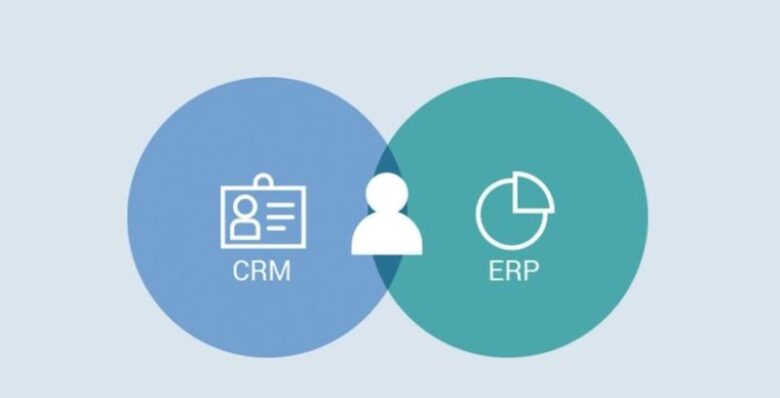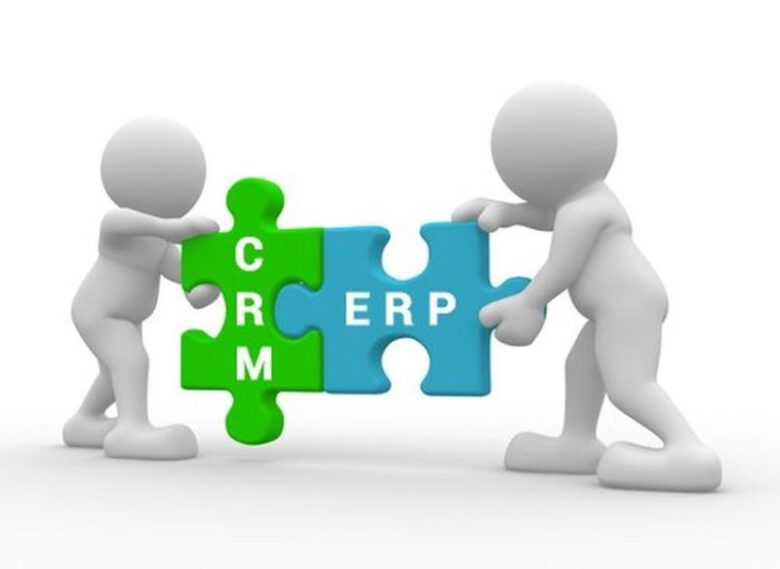CRM and ERP are powerful tools that allow you to track and streamline your entire business process. CRM, which stands for Customer Relationship Management, and ERP, Enterprise Resource Planning, allow you to boost profitability. Both systems share incredible similarities between each other and the features can be integrated with one another. But despite the similarities in features, both systems are quite different at their core functionality. Each system is designed for a specific thing, and understanding what that is can be the difference-maker for your business.
What is CRM and what does it bring to your business?

At its core, CRM manages your customer information and interactions. But CRM does more than just that. Namely, CRM lets you create a consistent, high-quality buying experience for your customers, as well as, structured and high-value marketing. The core functionality for CRM is to manage customer information and interactions, as well as, build customer loyalty and increase profitability. CRP can also be used internally with marketing, sales, and IT support teams.
If properly used, CRM can help you with:
• Identifying new leads and opportunities
• Create, manage, and evaluate marketing campaigns
• Streamline the sales process
• Analyzing customer interactions
• Build loyalty and provide high-end customer experience
• Increase readability and productivity

Businesses use CRM for different purposes; some to customize or integrate their systems to do more than just one thing, others to increase sales, and some to build loyalty, as well as, a host of other things.
What is ERP and what does it bring to your business?
Much like CRM, ERP is used to increase sales and profits, increase productivity, and improve the overall business processes. CRM initially focuses on the customer, while ERP focuses on your business.
The core functionality of ERP is to focus on the productivity and efficiency of your business, according to CIO Advise. It is used across your business departments to cut down on costs and reduce overheads. The use of ERP can be valuable in every department in your business such as sales, marketing, accounting, order management, manufacturing, human resources, etc.

If properly used, ERM can help your business with:
• Track the entire business process across various departments of your business in real-time
• Alert team members with issues that might affect various aspects of your business
• Process orders, update accounts, as well as, automatically fulfilling and billing those orders
• Manage the manufacturing process and supply chains
• Track the recruiting and hiring initiatives
• Manage benefits, payrolls, and personal information for your employees.
The core use or ERP is to manage various aspects of your business by reducing costs.
What to Choose?

The decision in choosing between CRM and ERP systems varies on two main factors; investment and scale.
If your business is quite large, and you want to cut down on extra costs, then choosing an ERP system is better for you. However, ERP systems are more expensive than CRM, but their priority lies in cutting down on expenses and increasing efficiency.
If your business might benefit from boosting sales numbers, rather than cutting down on costs, then a CRM system is better for you. CRM systems are more affordable and their core functionality is to increase sales and drive customer loyalty.
One such company that can help you in this domain can be found here.



